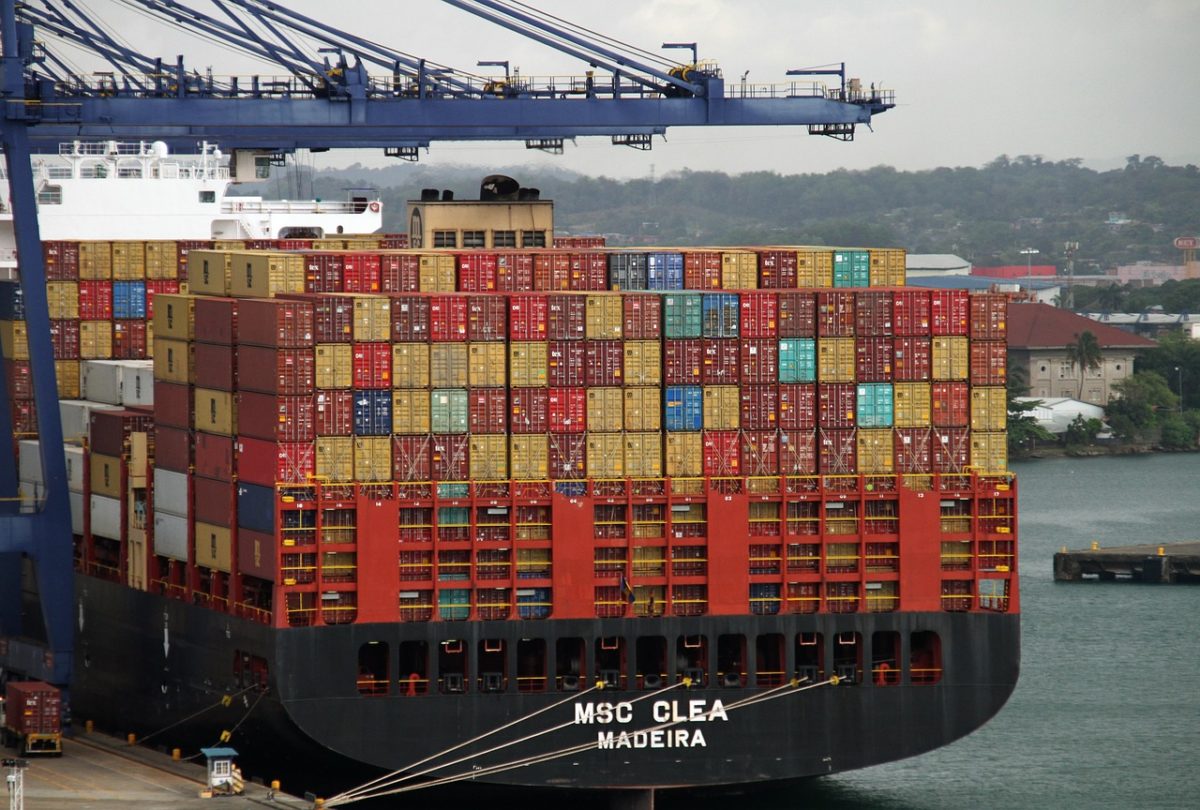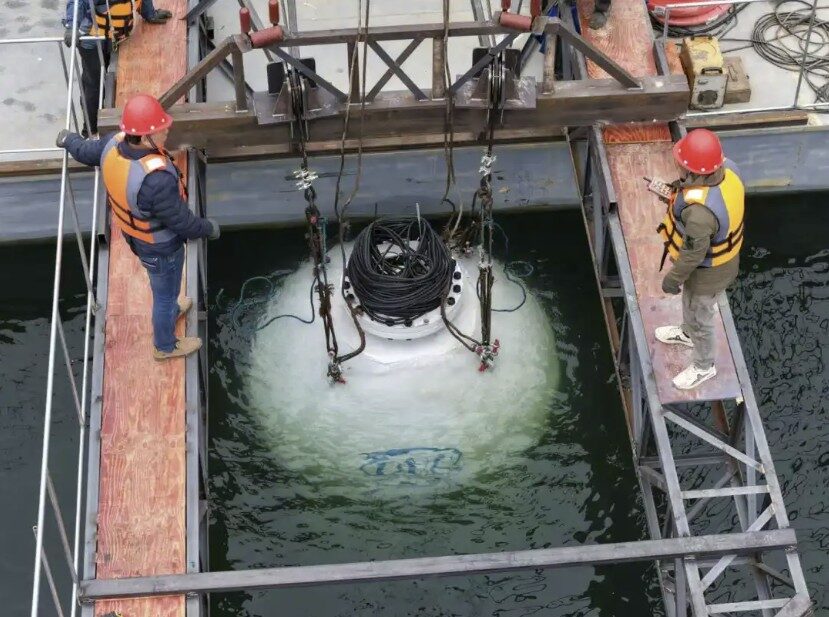From pv magazine USA
The US House of Representatives has unanimously passed the Uyghur Forced Labor Prevention Act. If enacted, the law would ban all imports from China's Xinjiang region, unless it can be proven that products were not connected to forced labor.
The region, which accounts for 50% of global polysilicon supplies, has fallen under scrutiny for its human rights abuses and the forced labor of Uyghurs and other ethnic minorities in China.
White House Press Secretary Jen Psaki confirmed that President Joe Biden will sign the bill, and Speaker Nancy Pelosi said that the legislation will be sent to the Senate for “swift action.”
In June, the Biden administration ordered a ban on US imports from Xinjiang-based Hoshine Silicon Industry, as well as three other companies in the region, and banned exports to what it said is the paramilitary Xinjiang Production and Construction Corps. Shortly thereafter, the US Department of Labor’s Bureau of International Labor Affairs took an unprecedented step by publishing a Federal Register Notice that targets polysilicon produced in the region.
In August, an anonymous group of solar companies sought tariffs on a handful of companies that import modules from Malaysia, Thailand, and Vietnam. The group called for anti-dumping and anti-circumvention tariffs, pointing to uncertainty in the companies’ supply chain ties to China, and suspected dumping of forced-labor goods.
Solar industry leaders described the tariffs as potentially crippling. The Department of Commerce rejected the request in November, which Solar Energy Industries Association president and CEO Abigail Ross Hopper called “a major victory for America’s 231,000 solar workers.”
In 2020, the EIA reported US imports of solar panels fell 27% in the third quarter, as tensions between Washington D.C. and Beijing rose. With sanctions increasing internationally, the United States is looking to bolster its own domestic supply chain as it pursues goals of decarbonizing energy.
The Senate Finance Committee released its draft of the Build Back Better (BBB) infrastructure bill, which includes incentives for the US manufacture of thin-film PV and crystalline silicon PV. The bill also added incentives for US-made solar trackers, inverters, and other renewable energy technologies.
Simultaneously, Senator Jon Ossoff (D-Georgia) sponsored a bill passed by the House in November that also pursues a boost in U.S. manufacturing. Similar to the BBB provisions, Solar Energy Manufacturing for America Act would offer tax credits for domestic manufacture of solar-grade polysilicon, wafers, cells, modules, as well as trackers and inverters.
With polysilicon largely sourced from the Xinjiang region, the United States is exploring other photovoltaics, like cadmium telluride (CdTe) thin-film panels, and Earth-abundant but relatively unstable perovskites.
This content is protected by copyright and may not be reused. If you want to cooperate with us and would like to reuse some of our content, please contact: editors@pv-magazine.com.




3 comments
By submitting this form you agree to pv magazine using your data for the purposes of publishing your comment.
Your personal data will only be disclosed or otherwise transmitted to third parties for the purposes of spam filtering or if this is necessary for technical maintenance of the website. Any other transfer to third parties will not take place unless this is justified on the basis of applicable data protection regulations or if pv magazine is legally obliged to do so.
You may revoke this consent at any time with effect for the future, in which case your personal data will be deleted immediately. Otherwise, your data will be deleted if pv magazine has processed your request or the purpose of data storage is fulfilled.
Further information on data privacy can be found in our Data Protection Policy.